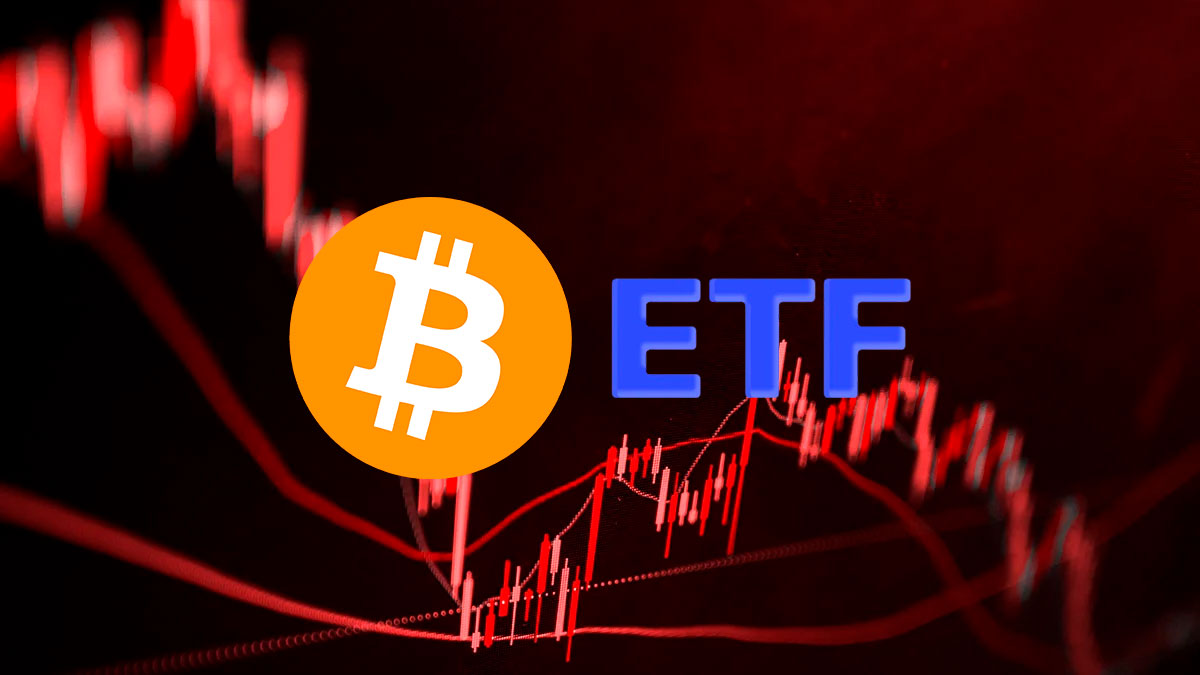The Impact of Trump’s Tariffs on U.S. Bitcoin Mining Operations: A Threat to Competitiveness
The cryptocurrency mining industry has seen a significant surge in recent years, with Bitcoin leading the charge. However, the industry’s growth in the United States may be threatened by the tariffs imposed by the Trump administration. This could result in Bitcoin mining operations moving overseas, as the cost of hardware becomes increasingly uncompetitive.
The Cost of Hardware: A Major Concern
The cost of hardware is a major concern for Bitcoin miners, as the process of mining new coins requires significant computing power. This computing power comes in the form of specialized hardware, such as application-specific integrated circuits (ASICs), which can cost thousands of dollars each. The tariffs imposed on Chinese-made hardware by the Trump administration have made these costs even more prohibitive.
According to a report by CoinDesk, the tariffs on Chinese-made hardware could increase the cost of mining a single Bitcoin by up to $2,400. This is a significant increase, and one that could make mining in the United States less economically viable.
Mining Operations Moving Overseas
As a result of these increased costs, some Bitcoin mining operations in the United States are considering moving overseas. Countries like China, Russia, and Iran, which have lower electricity costs and fewer regulatory hurdles, are seen as attractive alternatives.
- Lower Electricity Costs: Countries like China and Russia have much lower electricity costs than the United States, making it more economically viable to mine Bitcoin in these locations.
- Fewer Regulatory Hurdles: Some countries, like Iran, have fewer regulatory hurdles for Bitcoin mining, making it easier and less costly to operate.
The Impact on Consumers and Investors
The potential move of Bitcoin mining operations overseas could have significant implications for consumers and investors. For consumers, the increased cost of mining could lead to higher transaction fees and slower transaction times. For investors, the decreased supply of new Bitcoins could lead to an increase in the price of the cryptocurrency.
The Impact on the World
The potential move of Bitcoin mining operations overseas could also have broader implications for the global economy. The decentralized nature of Bitcoin means that its mining can occur anywhere in the world. However, the concentration of mining operations in certain countries could lead to economic and geopolitical implications.
For example, the concentration of mining operations in countries with lower electricity costs could lead to a shift in the global energy market. Additionally, the potential for increased competition between countries to attract Bitcoin mining operations could lead to geopolitical tensions.
Conclusion
The tariffs imposed by the Trump administration on Chinese-made hardware threaten to make Bitcoin mining operations in the United States less economically viable. This could lead to a potential move of mining operations overseas, with countries like China, Russia, and Iran being seen as attractive alternatives. While this could have implications for consumers and investors, it could also have broader implications for the global economy.
As the cryptocurrency industry continues to evolve, it will be important to monitor the impact of regulatory and economic factors on its growth. The potential move of Bitcoin mining operations overseas is just one example of how these factors can shape the industry’s future.





